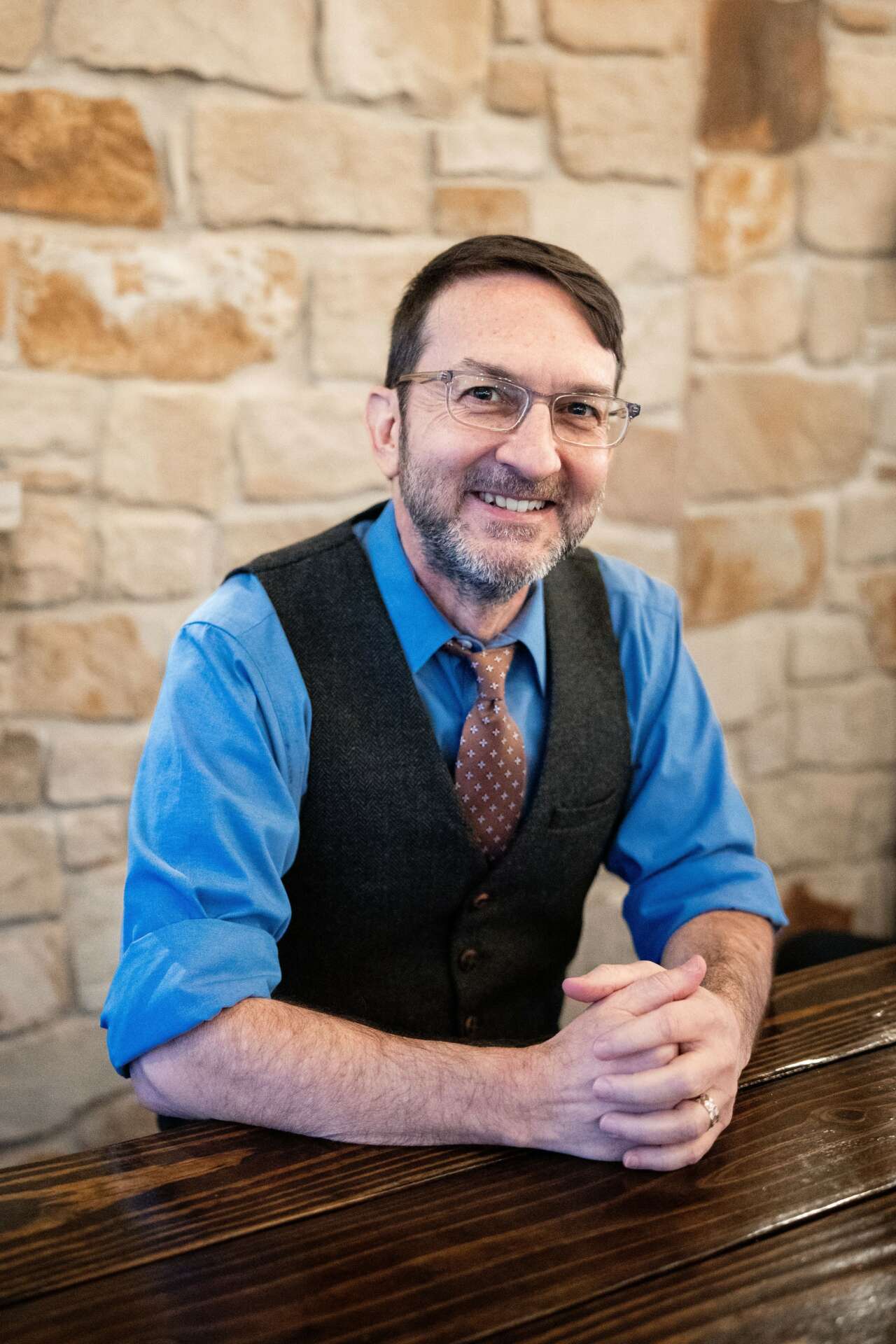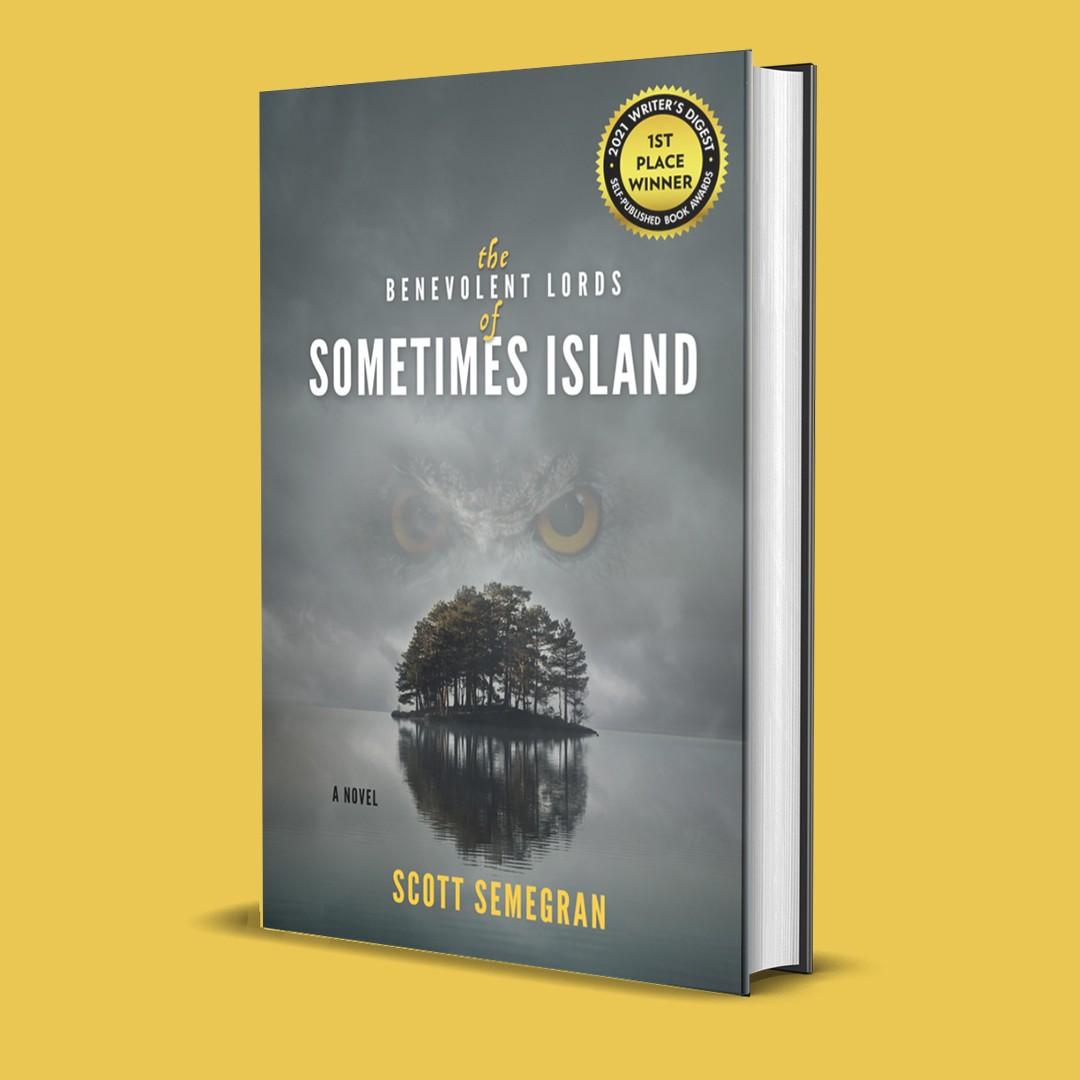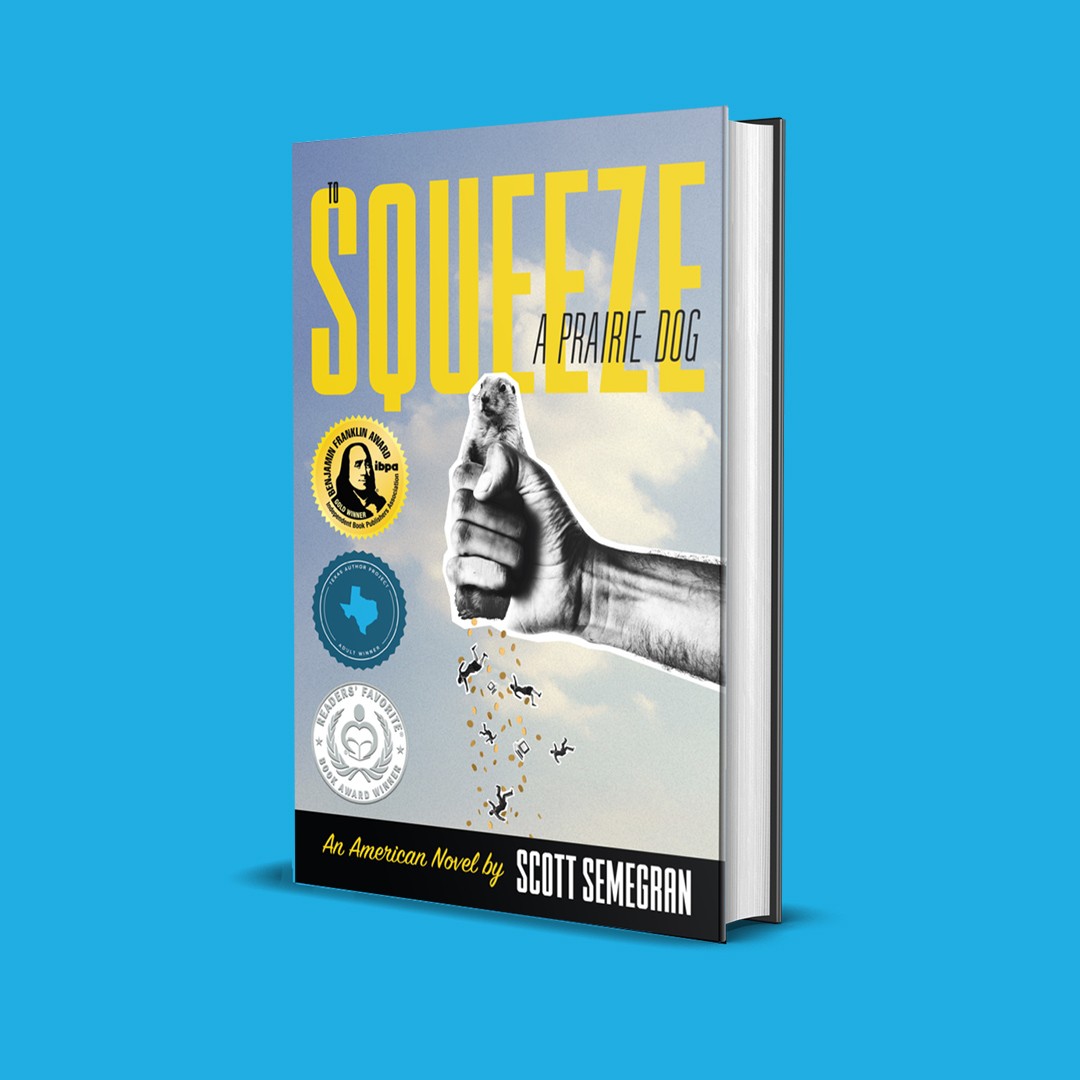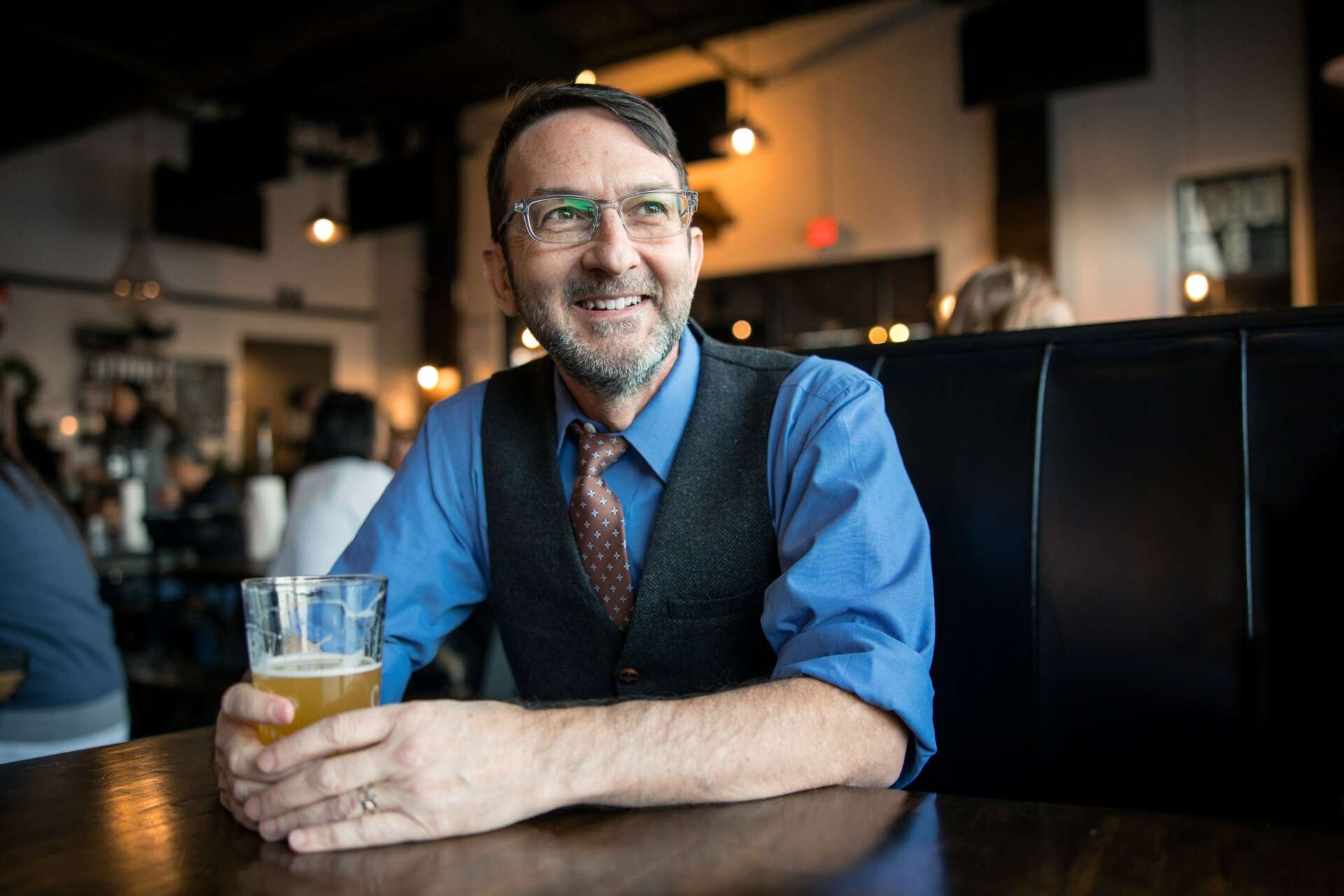Alright – so today we’ve got the honor of introducing you to Scott Semegran. We think you’ll enjoy our conversation, we’ve shared it below.
Hi Scott, thanks for joining us today. Do you have an agent or someone (or a team) that helps you secure opportunities and compensation for your creative work? How did you meet you, why did you decide to work with them, why do you think they decided to work with you?
I started writing, literally, the first day after I graduated from college in 1993 with a BA in English. I didn’t know what else to do with my liberal arts degree. I didn’t want to teach and I didn’t want to work in an office, although that’s what I eventually did for many years (work in an office, that is). I was 21-years old when I graduated from the University of Texas at Austin. I didn’t sign with my literary agent until I was 51-years old. That’s a very long time to toil away at writing and not be represented by an agent. There was a point not too long ago that I figured I would never be signed by a literary agent, that I would just be an independent writer for the rest of my life. I was doing pretty good with that. I won the gold medal in the Benjamin Franklin Book Awards for one of my novels which is one of the most prestigious book awards for independent publishers. I won the Texas Author Project for adult fiction and was honored at the Texas State Library which sits directly beside the Texas State capitol. That was a huge honor for me. But signed by a literary agent? It just didn’t seem like it would happen thirty years into my cobbled-together writing career. Signing with Mark Falkin Literary was one of the biggest milestones I’ve achieved so far in my writing career. I signed with him after landing a book deal with a university press. He was someone I had been wanting to work with for a while and he has helped me tremendously. I look forward to working with him for a very long time.
As always, we appreciate you sharing your insights and we’ve got a few more questions for you, but before we get to all of that can you take a minute to introduce yourself and give our readers some of your back background and context?
I’m an award-winning writer from Austin, Texas. My latest novel, The Codger and the Sparrow, is a comical yet moving story about a 65-year-old widower’s unlikely friendship with a 16-year-old troublemaker and will be published by TCU Press in the spring of 2024. I have eight other books out as well. There’s my novel The Benevolent Lords of Sometimes Island which won first place in the Writer’s Digest Book Awards for Young Adult fiction. And another novel To Squeeze a Prairie Dog which won the gold medal for humor in the Benjamin Franklin Book Awards. One theme that runs through most of my books is the power of friendship. I think friendships are very important and I like to illuminate how friendship makes our lives better. I particularly like a thorny odd-couple dynamic and how people with vast differences have more in common than they realize. You can find my books on Bookshop.
https://bookshop.org/shop/scottsemegran
Let’s talk about resilience next – do you have a story you can share with us?
I shared a story recently with a writer acquaintance of mine who I admire very much (Fernando A. Flores and everyone should go buy one of his books RIGHT NOW) and I was telling him how, when I was a young man and trying to be a writer, I would keep all the rejection letters from literary agents and publishers and literary magazines in a shoebox. There was this part of me that would say (staring at the sky and shaking clenched fists toward the heavens), “One day, I’ll show you all that I made it. That I will be a writer of substance. You will regret rejecting me!” I kept that shoebox in my closet for years and would throw every rejection letter in there, eventually keeping hundreds upon hundreds of rejections. After ten or twelve years, keeping all of those rejection letters weighed down on me. I was making small strides here and there, and I realized I had to keep making small strides, keep moving forward, and be happy with that. So, I took the shoebox outside and lit it on fire. I decided I wasn’t going to keep those negatives feelings stored up in my heart or keep those rejection letters in my house. It took me a long time to build a thick skin towards criticism and rejection and negative comments.
In addition, the small strides made me realize I was already a writer; the “becoming a writer” part had already happened. I was getting publication credits in places here and there. I was growing as a writer. I knew I had to make my own path. It wasn’t going to be the MFA route. It wasn’t going to be the “acclaimed debut novel published before I was 25” route. Over the course of thirty years, I’ve had publication credits in literary magazine. I’ve had hundreds of comic strips published in a major newspaper and dozens of alt weeklies. I’ve self-published eight books (seven of which are fiction and one a comic strip compilation), winning some of the most prestigious awards for independent publishing. And, most important of all, I was signed to a literary agency last year (Mark Falkin Literary) and sold my first book to a university press this year. After thirty-one years of writing, I received my first book contract for my ninth book at the age of 52 for my novel The Codger and the Sparrow (TCU Press, spring 2024).
Now, that’s resilience. Recently, I finished writing my tenth book, a novel-in-stories titled Starman After Midnight, that is out on submission. And I’m currently writing my eleventh book that I hope to be finished with next year.
What can society do to ensure an environment that’s helpful to artists and creatives?
“When we as a community say: we will no longer support the arts and humanities as a common good for which we are all responsible, we are saying: we are no longer a community, and there is no good toward which we might orient our lives.” –Christopher P. Long, Dean of the College of Arts & Letters and Professor of Philosophy at Michigan State University.
Mr. Long is referencing Thomas Hobbes here, who wrote about this in 1651, so it’s not a new topic. For centuries, one of the main markers of a thriving, beautiful, great society was the presence of the arts: writing, painting, music, sculpture, theatre, crafts, all of it. Creativity is a gift, one that many say is a gift from God, as Lewis Hyde explains in his excellent book on creativity, The Gift. I think in the United States, in particular, we need to support artists better as a society. We’re seeing it now with the writers’ strike. We’ve seen it recently with musicians asking for better pay from streaming music services like Spotify. Art programs are being slashed from public schools. There has been a general devaluing of artists in the United States; it’s systemic.
I feel the US and state governments should provide more grants, endowments, and scholarships to artists. I think there needs to be a real push for protections for artists as individuals and less protection for corporations to exploit the creative work of these artists. People love music and book and movies and television and art. It makes them feel alive. It makes peoples’ lives better. So why not protect the artists who are creating these things and putting their creative work out into the world? I think it’s profoundly important because, as Thomas Hobbes and Christopher P. Long argue, without art, we are no longer a community and nothing good will come from that. 
Contact Info:
- Website: https://scottsemegran.com
- Instagram: https://instagram.com/scott_semegran
- Facebook: https://www.facebook.com/scottsemegran.writer/
- Twitter: https://www.twitter.com/scottsemegran
- Other: https://www.goodreads.com/author/show/3409317.Scott_Semegran https://scottsemegran.substack.com/
Image Credits
Author photos by Jeff Loftin


